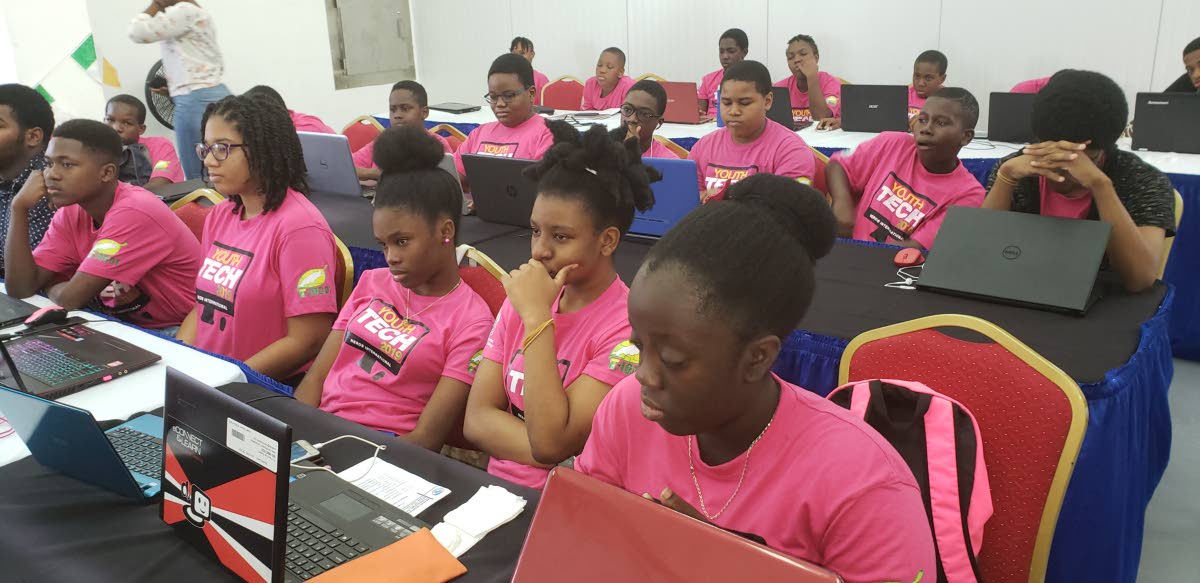Immigration lawyers condemn Home Office practice of recruiting undergraduates to make potentially life-or-death judgments

Gap-year students are being recruited by the Home Office to make potentially life or death decisions on asylum claims, the Observer has learned. The students receive only five weeks’ training before they begin interviewing asylum seekers and making decisions about whether they can stay in the UK or should be sent back to their home countries.
The Home Office has confirmed that the practice of recruiting gap-year students on temporary contracts during busy periods to help process asylum claims is a longstanding one. A spokesman said that job adverts for these temporary contracts were placed on student and university websites. He added that such temporary jobs are targeted at students who might not want a long-term career at the Home Office.
Some of those recruited are law students and previously some were assigned to working on the controversial “detained fast-track”, where asylum cases were processed very quickly. Following a legal challenge, the Home Office has suspended detained fast-track. A further legal challenge is under way about the system with which the Home Office has replaced it.
Immigration lawyers and asylum seekers have condemned the practice, pointing out that, after completing a degree, immigration lawyers undergo a further four years’ training.
Toufique Hossain, director of public law at Duncan Lewis Solicitors, said: “Asylum decisions are very much life or death matters. Complex areas of law are involved relating to EU charters, conventions and directives. It is very concerning that the Home Office is bringing in students to make these decisions and that all of the decision-makers are given just five weeks’ training.” The latest figures released by the Home Office for the last three months of 2015 show that 43% of initial asylum refusals were overturned on appeal, suggesting that there were flaws in the initial decisions.
Hossain added: “There is no legal aid for asylum seekers to be accompanied by a solicitor when they make their initial claim for international protection. So it might just be them and a student. If the case is wrongly refused, it is harder for an asylum seeker to come back from the initial negative decision when their appeal is heard.”
The Home Office said that five weeks of classroom training was standard for all decision-makers on asylum cases. A spokesman said on-the-job mentoring is offered following the training period, which consists of legal instruction, case studies and role play, training in specialist areas such as lesbian, gay, bisexual and transgender (LGBT) claims, trafficking claims and children. The temporary contracts run for a minimum of 11 months. Pay scales vary and are described by the Home Office as “appropriate”.
A Home Office source said: “We advertise on university websites for high-performance students. They come in on a fixed-term appointment and are given the same training as anyone else. It’s quite an effective way to manage the caseload when things get busy. We get people in when we need them and they don’t continue with the work. Anyone who comes in is given the same training. Asylum decisions are always checked by a senior member of staff. Students are seen as quite an effective demographic; they are not looking for a long-term career with the Home Office or even a permanent contract.”
An application pack for a previously advertised job as a Home Office case owner states that recruits must “make decisions using a complex set of rules often within tight deadlines and with little or no supervision”. It says the job involves “making real decisions which have a real effect on people’s lives”.
A health professional from west Africa who was granted refugee status last year said his claim was initially refused and it took four years of appeals to win his refugee status. “I attempted suicide after my asylum claim was refused because I knew my life would be in danger if I was forcibly returned home,” he said. “I became friendly with a family where the son had taken a gap year during his university degree to work as a Home Office decision-maker. I could not believe that he was making these life and death decisions about complex cases like mine. I am not sure that students are capable of the complex level of critical analysis required to make asylum decisions.”


















